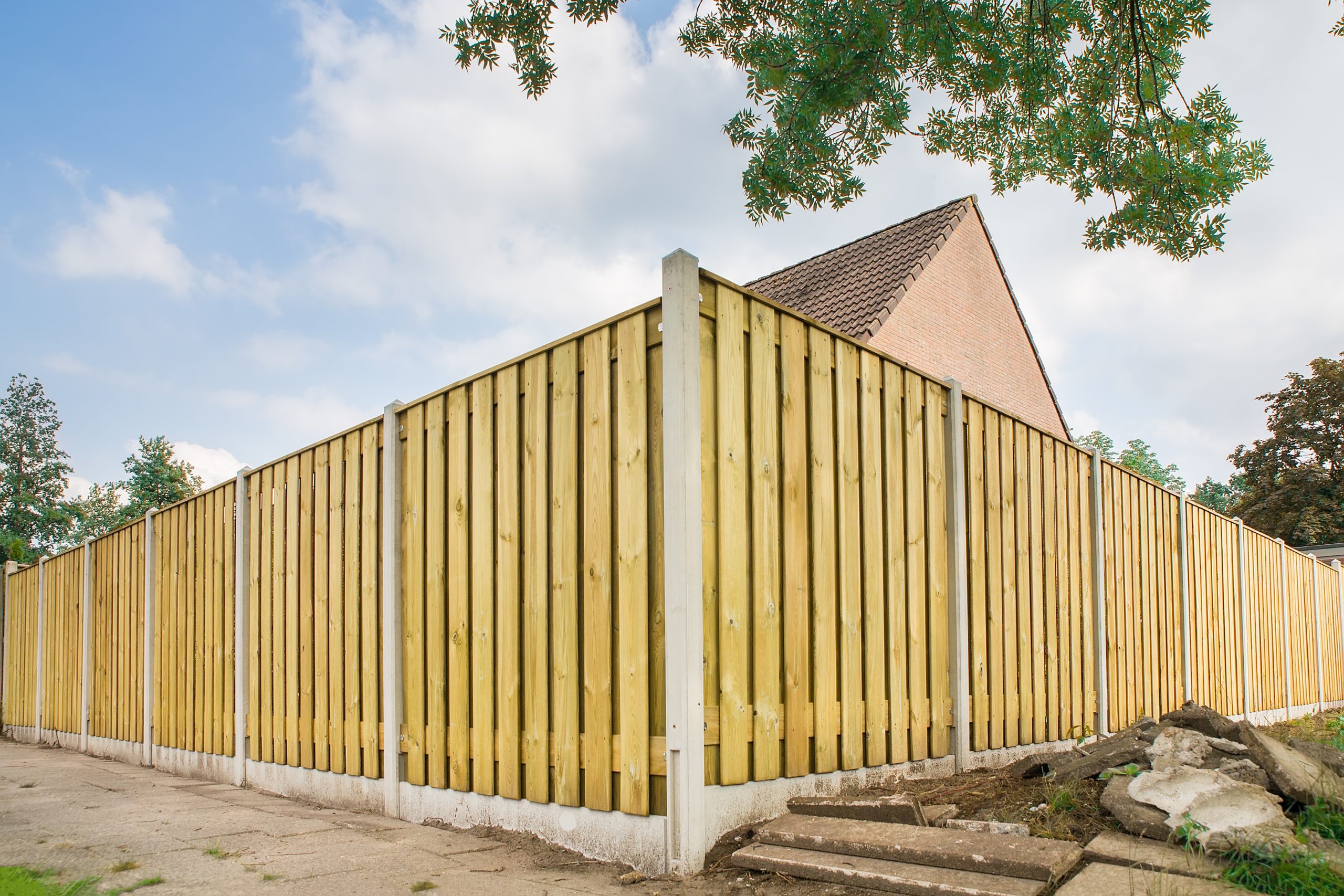All Categories
Featured

When intending to set up a fencing around your residential or commercial property, one of the initial actions is understanding the allowing demands in your location. Below's what you need to understand about acquiring the necessary permits for your fencing installment.
Why Do You Need an Authorization for a Fencing? A permit is frequently required for fencing installments to make sure conformity with regional building ordinance, zoning regulations, and security regulations. Allowing aids neighborhood authorities keep uniformity in neighborhood aesthetics, security, and environmental factors to consider. It additionally makes sure that the fence does not conflict with energy lines or public spaces, which it adheres to height and border restrictions.

Common Permits Needed for Fence Setup. Building Permit. A lot of areas call for a building license for fence installment, specifically if the fence goes beyond a particular elevation (typically over 6 feet) or is made from non-standard materials. This permit ensures that your fence adheres to neighborhood structure codes. In some locations, the building division will inspect the site to make certain that the fencing satisfies safety and security and structural requirements.
Zoning License. Zoning permits are developed to make certain that your fencing follows neighborhood zoning regulations, including problems from residential property lines, easements, and rights-of-way. Zoning regulations vary from city to city, and in many cases, your fencing may require to be held up a particular number of feet from the sidewalk or road. A zoning authorization might additionally be required if your fencing is in a historical district or other specially assigned areas.

Fence License. In some places, a details "fencing authorization" might be called for. Some cities limit chain-link fences in front lawns or have certain policies for personal privacy fencings.
HOA Approval. If your home becomes part of a house owners organization (HOA), you might need authorization before mounting a fencing. HOA standards often consist of details rules concerning the type, elevation, color, and materials for fencings to keep the area's aesthetic appeals. HOA regulations can be more stringent than city codes, so constantly examine their guidelines prior to moving on.
Easement or Energy Permits. If your fence will be near or throughout an easement (such as an energy easement), you might need to acquire authorization from the energy business or other entities that manage the land. This is particularly essential if you plan to dig for fence articles, as it ensures you will not harm below ground energies like power, gas, or water lines.
How to Learn What Allows Are Needed. The most effective way to determine which authorizations are needed for your fence installment is to contact your neighborhood structure department or municipal workplace. They can offer you with details details regarding needs in your location. Here are a few actions you can take to learn:
Check the City or County Web site: Many city governments offer info regarding fencing setup allows online. Seek building or zoning sections on their internet site. Call or See Local Federal Government Offices: If the details is not conveniently offered online, calling or visiting the regional workplace in person can clarify what's required. Get In Touch With an Expert Specialist: If you're unclear or overloaded by the process, a neighborhood professional or fencing installment firm can help in navigating the allowing procedure, as they recognize with regional policies. What Occurs If You Do Not Obtain an Authorization? Failing to obtain the required permits can result in a variety of consequences. In many locations, you can encounter penalties, and your fence could be bought to be eliminated. Additionally, if you market your home in the future, the absence of appropriate permits can be a red flag for customers and affect the sale. Allowing makes sure that your fencing is compliant and assists stay clear of future complications.
Conclusion. Before installing a fencing around your residential or commercial property, it's vital to examine whether a permit is called for in your area. Structure permits, zoning permits, HOA approval, and utility permissions may all play a role in your fencing installation process. Taking the time to research and obtain the essential licenses will not just make sure that you're adhering to local regulations, but additionally aid protect your financial investment and maintain the integrity of your home.
Latest Posts
How to Host a Perfect Private Event at The Claridge’s Hotel
Published Dec 18, 24
2 min read
What Aspects Affect the Timeline for Fencing Installation?
Published Dec 18, 24
0 min read
What Factors Impact the Timeline for Fencing Installation?
Published Dec 18, 24
0 min read